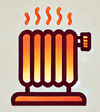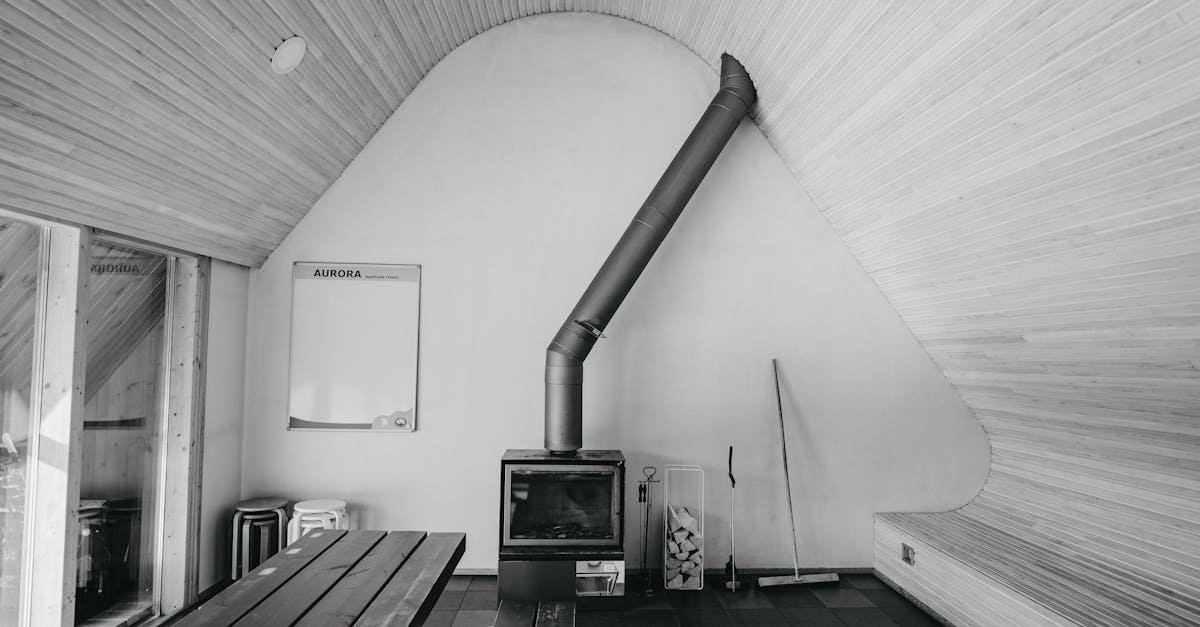Upgrading your heater can save you money in the long run, and financial incentives are available to help offset the costs. Many utility companies and government programs offer rebates and tax credits for energy-efficient heating systems. By taking advantage of these incentives, you can lower your initial investment while improving your home’s comfort and energy efficiency.
Also, these financial incentives often encourage the installation of renewable energy systems, like heat pumps or solar heaters. Not only do you benefit from immediate savings, but you also contribute to a more sustainable future. Exploring these options can make your heater upgrade more affordable than you think.
Overview of Heater Upgrade Financial Incentives
Heater upgrades offer substantial financial incentives, making energy-efficient choices more accessible. Various federal, state, and local programs support these upgrades, helping you save on both installation costs and energy bills.
Federal Tax Credits
The 25C Energy Efficient Home Improvement Tax Credit supports heat pump installations. You can receive up to 30% of project costs, capped at $2,000 per year. This credit applies to both primary and secondary homes. Homeowners and renters can claim it.
There’s no lifetime cap on these credits, so you can claim them yearly for qualifying home improvements. But, total credits across all 25C eligible projects cap at $3,200 per year.
- Heat Pumps: You can claim up to $2,000 or 30% of the installation cost for air-source and heat pump water heaters, whichever is lower. Geothermal heat pumps follow different guidelines under the 25D Clean Energy Tax Credit.
Utilizing these incentives simplifies the upgrade process. You benefit from improved energy efficiency while reducing upfront costs. Investing in energy-efficient heating systems not only enhances your home’s comfort but also aligns with sustainability goals.
Types of Financial Incentives
You can benefit from various financial incentives when upgrading your heater. These incentives lower your costs while improving energy efficiency.
Tax Credits
The 25C Energy Efficient Home Improvement Tax Credit offers significant savings. You can claim up to 30% of the installation costs for qualifying heat pumps. The maximum credit reaches $2,000 per year. This applies to both air-source heat pumps and heat pump water heaters. If you install both in the same year, the total credit remains capped at $2,000. There’s no income limit for these tax credits. You must possess tax liability to qualify. The credits apply to primary and secondary homes. Renters can take advantage too if they make eligible upgrades.
Rebates and Grants
You can also find rebates and grants through utility companies or local programs. Rebates reduce your upfront costs when you install energy-efficient systems. These vary by region and can pay a portion of your upgrade. For example, some utilities may offer $100-off rebates on heat pumps. Grants may cover a larger part of installation costs but often require a qualifying application process. Research local options to maximize your financial benefits.
How to Qualify for Incentives
To qualify for financial incentives on heater upgrades, you must meet specific criteria and follow an application process. These incentives can greatly reduce your costs for energy-efficient heating solutions.
Eligibility Criteria
To qualify for the federal tax credits (25C Tax Credit), you must consider the following criteria:
- Tax Liability: You must have federal income tax liability to claim the credit.
- Efficiency Standards: The heat pump or heat pump water heater must meet Energy Star efficiency standards.
- Installation: The installation must occur in a primary or secondary home that is already built. Both homeowners and renters are eligible.
- Annual Cap: The tax credit has a cap of $2,000 per year for heat pump installations. There’s a combined cap of $3,200 for all 25C tax credits annually.
For rebates under the Inflation Reduction Act (IRA), consider these requirements:
- Income Requirements: These rebates target low- and moderate-income households.
Application Process
To apply for the tax credits, follow these steps:
- Gather Documentation: Collect documents showing your tax liability, proof of installation, and efficiency ratings.
- Complete IRS Form: Fill out the appropriate IRS form to claim your credit.
- File Tax Return: Include your claim when you file your federal tax return. Ensure you’re filing within the required deadlines.
For utility rebates, the process generally includes:
- Check Eligibility: Confirm your system meets the utility’s efficiency and installation requirements.
- Submit Application: Fill out the rebate application provided by your utility company.
- Provide Documentation: Include necessary receipts and proof of installation with your application.
- Deadline Awareness: Submit your application before the set deadlines to ensure you receive your rebate.
Benefits of Upgrading Heaters
Upgrading your heater brings several benefits. One of the main advantages is enhanced energy efficiency, which can lead to significant cost savings.
Energy Efficiency
Upgrading to energy-efficient heaters, like heat pumps, boosts energy efficiency. Heat pumps can be 3-5 times more efficient than standard fossil fuel systems. They provide both heating and cooling, making them versatile. Meeting Energy Star standards can qualify these units for federal tax credits. Optimize your home’s insulation and air sealing before installation to ensure top performance. These improvements may also qualify for tax credits.
Cost Savings
Financial incentives make upgrading heaters more affordable. Federal tax credits offer up to 30% back on your costs, capped at $2,000 yearly for heat pump installations. Many states and utility companies provide rebates too. Some rebates, such as $100 off heat pumps, reduce your upfront investment. Grants often cover larger portions of installation costs. But, they might require an application process. Overall, these incentives help lower your expenses while increasing comfort in your home.
Conclusion
Upgrading your heating system is a smart financial move that can lead to significant savings. By taking advantage of available incentives you can lower your upfront costs while investing in a more efficient and sustainable home.
These financial benefits not only enhance your comfort but also contribute to long-term energy savings. With various rebates and tax credits at your disposal it’s easier than ever to make the switch to energy-efficient heating solutions.
Don’t miss out on the opportunity to improve your home’s efficiency and reduce your energy bills. Explore the incentives available in your area and start your upgrade journey today.








